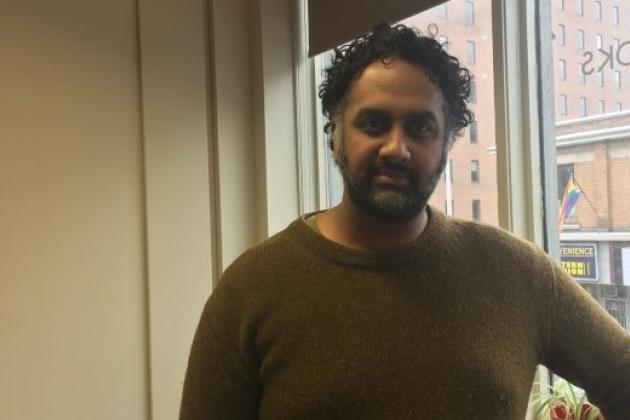
Reproductive and sexual health organizations grapple with loss of funding
By Idil Mussa, CBC NewsPosted: Feb 07, 2017 5:00 AM ETLast Updated: Feb 07, 2017 6:52 AM ET
International health advocates are gathering in Ottawa on Tuesday to discuss reproductive and sexual health in Latin America and the Caribbean in light of U.S. President Donald Trump’s reinstatement of the “global gag rule.”
Trump restored the rule, officially known as the Mexico City Policy, on Jan. 23. It prohibits foreign non-governmental organizations from receiving U.S. funding if they provide abortion services or counselling — even if abortion is legal in their country.
The International Planned Parenthood Federation (IPPF) partnered with Action Canada for Sexual Health and Rights to bring together experts from Brazil, Colombia and Guyana to share their challenges and experiences with Global Affairs staff and Canadian parliamentarians.
“Zika has really exacerbated quite a lot of shortcomings within the health systems in that region and exacerbated a lot of inequalities that exist,” said Sandeep Prasad, executive director of Action Canada for Sexual Health and Rights.
“What we want to do is make sure that we give voice to those issues that are happening and that they’re not forgotten from Canada’s development agenda. We know that for many donor countries, Latin America is considered ‘middle income’ and for that reason it’s often de-prioritized from the agenda of many donors.”
Could lose $100M, federation claims
The IPPF, which is one of the biggest family planning organizations in the world, claims it stands to lose $100 million US as a result of the rule.
Prasad said many other international family planning organizations will also be affected by the swift change in U.S. policy, particularly those grappling with Zika.
“There will be many organizations [and] service providers that are doing a lot of work related to abortion, related to family planning and contraception or HIV prevention that will effectively be de-funded by the U.S. government because of the shift in policy.”
According to Marie Stopes International, the order could result in 6.5 million unintended pregnancies and 2.1 million unsafe abortions during Trump’s first term.
Colombia: A case study
Founded in 1965, Profamilia is an organization in Colombia that provides safe abortions along with other health services. As a recipient of U.S. funding, the organization is beginning to come to terms with the impact of the Mexico City Policy.
“We have very sophisticated laws that really take into account sexual and reproductive rights,” said executive director Marta Royo who travelled to Ottawa for Tuesday’s discussion. “But what is written means nothing if you cannot make sure everyone has access to services.”
Profamilia has 35 clinics in Colombia and assists almost 700,000 people a year, making it the biggest provider of reproductive and sexual health services in the country. Royo said the organization’s clinics won’t be greatly affected by the policy, but their work in 10 of the poorest and most neglected regions in Colombia — such as the towns of Apartado and Turbo in the central northwestern region — will be.
“These are communities that are very hard to reach. They are not in the main cities. It is only through this type of funding that we’re able to put together the doctors, the nurses and the counsellors that are needed to go and work in these communities. It’s not our usual day-to-day work,” she said.
Royo said there are about 400,000 unsafe abortions in Colombia every year.
“These are young women, these are children,” said Royo. “You’re starting to see…pregnancies in children… 10, 11, 12 year-olds who are getting pregnant.”
The towns targeted for USAID are also the ones most affected by the ongoing drug trade in Colombia and the intensive fighting between FARC rebels and the military, Royo said. “Almost eight million people in Colombia are victims of the war conflict.”
Canada’s response
In a online video posted on Twitter on Feb. 3, Canada’s International Development Minister Marie-Claude Bibeau said her ministry is committed to promoting reproductive and sexual health.
“There are an estimated 22 million women and girls who, every year, out of despair, put their lives at risk by undergoing a clandestine abortion,” said Bibeau in the video.
“Canada will contribute to sex education for girls and boys, to the provision of contraceptives, to family planning, to legal, safe abortions and, of course, to maternal and newborn health.”
In an email to CBC News, Bibeau said Canada will increase its investments to support advocacy work for women’s reproductive rights, including safe abortion and post-abortion care where legal.
She also said her ministry is in the process of reviewing Canada’s global assistance budget, which will be finalized in the coming weeks once the federal budget is released.